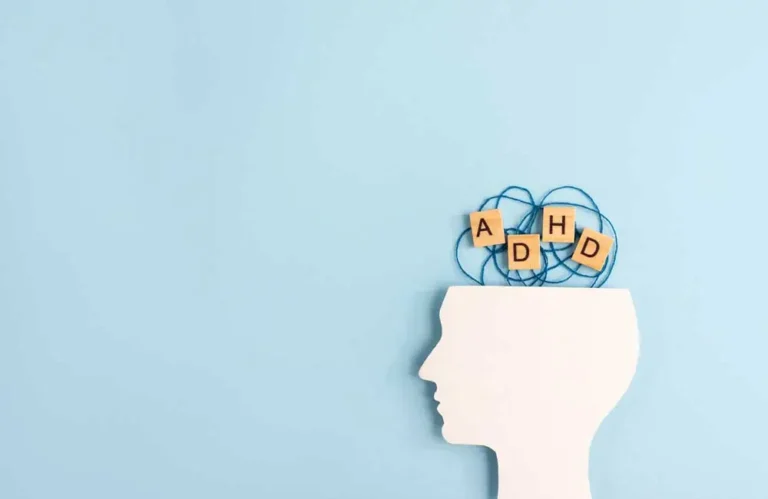5 Steps to Build Emotional Intelligence for Better Mental Health
Did you know that people with high emotional intelligence (EI) tend to have better relationships, improved job performance, and even greater overall well-being? Emotional intelligence plays a big role in our mental health and success in life. In this post, we’ll cover five practical steps you can take to build and enhance your emotional intelligence. From understanding your emotions to practicing empathy, these techniques can help you lead a more balanced, meaningful, and connected life.
1. Build Self-Awareness for Better Emotional Health
Self-awareness is the cornerstone of emotional intelligence. This step involves recognizing and understanding your own emotions, triggers, and responses. When you become more aware of how you feel in different situations, you can better control your reactions and make thoughtful decisions instead of acting on impulse.
For example, when you notice you’re feeling angry during a conversation, taking a moment to reflect on why you’re upset can prevent arguments and lead to more constructive discussions. Journaling, mindfulness meditation, and regularly checking in with yourself during the day are great ways to improve self-awareness. The more you practice, the easier it becomes to identify and label your feelings.
2. Master Emotional Regulation Techniques
Once you’re aware of your emotions, it’s time to learn how to regulate them. Emotional regulation means managing your emotions in healthy and productive ways, especially during challenging or stressful moments.
Techniques like deep breathing, counting to ten, or reframing negative thoughts into more positive ones can make a huge difference. For instance, if you feel overwhelmed at work, stepping back, breathing deeply, and prioritizing tasks can help you regain control and prevent burnout. By mastering emotional regulation, you reduce stress and respond more thoughtfully to life’s challenges, improving your overall mental health.
3. Develop Empathy Skills for Better Relationships
Empathy is the ability to understand and share the feelings of others. When you can see things from another person’s perspective, you foster deeper connections, show compassion, and build stronger relationships. Developing empathy starts with active listening—truly paying attention to what others are saying and reflecting back what you hear.
For example, instead of jumping in with advice when a friend is upset, you can say, “It sounds like you’re really frustrated. I’m here for you.” Small changes like this make others feel heard and valued. Practicing empathy not only benefits those around you but also strengthens your own emotional intelligence and mental health.
4. Strengthen Your Social Skills
Good social skills are key to navigating relationships and communicating effectively. People with strong emotional intelligence tend to be skilled at managing conflicts, building rapport, and collaborating with others. Strengthening social skills means being attentive to non-verbal cues, such as body language and tone of voice, and adjusting your communication style accordingly.
One way to practice is by joining group activities, volunteering, or engaging in public speaking opportunities. These experiences help you become more comfortable in social settings and improve your ability to connect with others. Strong social skills lead to more meaningful interactions, reduce misunderstandings, and enhance mental well-being.
5. Cultivate a Positive Mindset and Practice Gratitude
Having a positive mindset can greatly impact your emotional intelligence and overall mental health. This step involves reframing negative thoughts, focusing on what you can control, and celebrating small victories. Practicing gratitude is a powerful tool for shifting your focus from what’s wrong to what’s right in your life.
Start by keeping a gratitude journal where you write down three things you’re thankful for each day. This simple habit can boost your mood, reduce stress, and enhance your relationships with others. When you approach life with a positive outlook, you’ll find it easier to empathize, connect, and regulate your emotions.
How McNulty Counseling and Wellness Can Help
At McNulty Counseling and Wellness, we understand the importance of emotional intelligence in achieving better mental health. Our licensed therapists specialize in helping clients develop self-awareness, improve emotional regulation, and strengthen their relationships. Through individual counseling, group therapy, and specialized workshops, we offer personalized support to help you build emotional intelligence and lead a more balanced life.
Conclusion
Building emotional intelligence is a journey that requires patience, practice, and the right tools. By improving self-awareness, mastering emotional regulation, developing empathy, strengthening social skills, and maintaining a positive mindset, you can enhance your mental health and relationships.
Remember, small changes add up over time. If you’re ready to take the next step, we’re here to help. Contact us at 727-344-9867 or complete a contact form on our website to get started.







